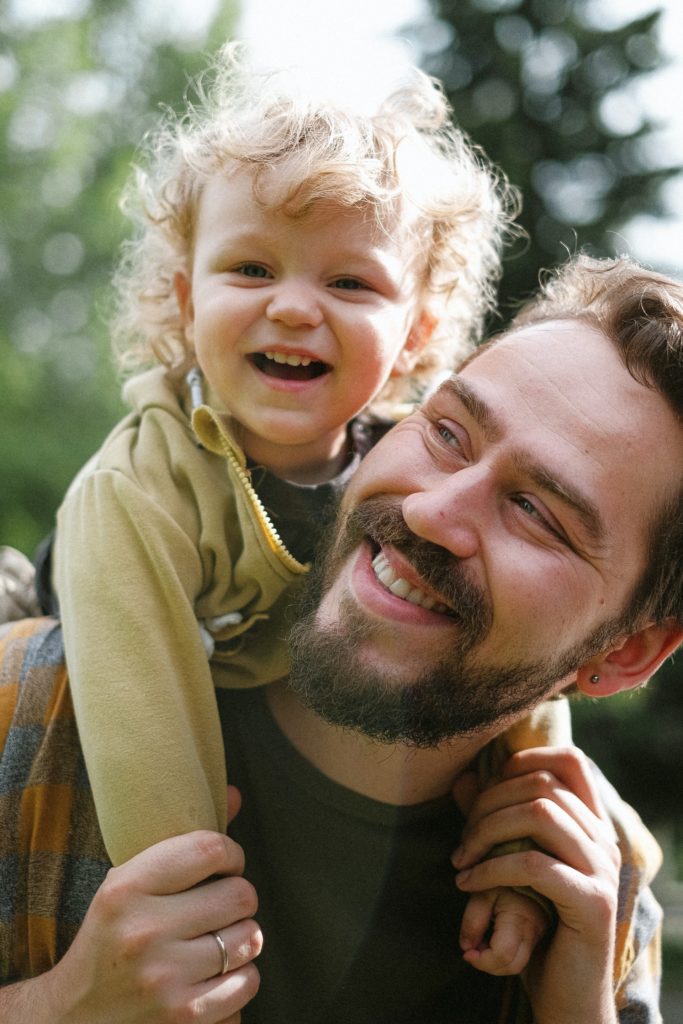
My name is Anne I am an Early Years Practitioner and trained Henry Facilitator and I run the Little Explorers sessions. For the last couple of weeks we have been using Five to Thrive looking at how your baby’s brain grows better, when you do five simple things that feed the brain RESPOND, CUDDLE.RELAX, PLAY, and TALK
This week I am looking at screen time. As we have spent more time indoors over the last couple of months trying to keep your baby occupied may have become difficult.
TV and other screen time
There are times when keeping your baby occupied and entertained, for instance while cooking a meal, it may well be helpful to let your baby have some screen time.
Family life is a series of juggling acts and if your baby spending some limited time in front of the TV means that, the whole family gets to eat a healthy meal, which has to be better than opting for a take-away because you have not had time to cook.
Unfortunately, however, TV and other screen time can easily become a habit for both yourself and baby.
There are a number of important reasons why too much TV and screen time is not good for your baby. It:
- Has negative affects on brain and language development
- Reduces the amount of time your baby will spend playing and being active
- Erodes your baby’s natural urge to move
- It is habit-forming the more time your baby spends in front of a screen, the harder your baby will find it to get involved in other activities
- It often involves given your baby a snack while watching the screen
- Is extremely passive-and when your baby is very passive their metabolic rate slows down, meaning that food is more likely to be stored as fat rather than burned up as energy
- Can cause irritability and restless behaviour in your baby.
Recent studies show high amount of sitting behaviour and TV viewing at a very young age are predictive of being overweight as a young adult.
When parents and their baby actively watch a programme together, talk about it and then use it as a springboard for play, this has a much more positive impact on your baby’s development than passively watching hours of TV without any conversation or companionship.
Limited TV and screen time will help you to make sure that a healthy balance is maintained and your baby gets plenty of opportunity to be physically active as part of their daily routine.
If you look up the National Institute For Health and Care Excellence they recommend no more then two hours per day with a screen free day in between play activities and The American Academy of Paediatrics you will see that they recommend that children under 18 months should have NO screen time

The truth is that reading together can have several benefits for your whole family.
By holding your child close and reading together, you are introducing words, visuals and touch to a brain that is eager to learn.
- Listening to the sound of your voice as you read helps your child understand that sound comes from your mouth and that different lip positions produce various sounds. Children learn to talk by hearing other people speak and then mimicking the sounds they hear. Reading can be helpful to this process by exposing your child to a variety of vocal patterns. For instance, the way you use different tones to convey a question or a statement provides your child with an example they can imitate.
- When you point out and name objects or characters shown in the book, you introduce the concept that words and things are closely connected. Understanding that words convey meanings is a foundational skill in the process of your child learning to read for themselves. Reading can also stimulate the parts of your baby’s brain that control thinking as they work to process and make sense of the images they see.
- Physical closeness has a profound effect on a young child’s senses of security and well-being. Their need to feel secure is deeply rooted in children, and loving touch is a primary way for them to feel a sense of safety. When this basic need is met, the brain can more easily focus on higher tasks like learning and engaging in the world around them.
I hope you have found this information useful for yourself and your baby and that you have had a good summer so far. If you need a more help and advice please do not hesitate in contacting me. I would love to hear from you.
You will find more information at:




